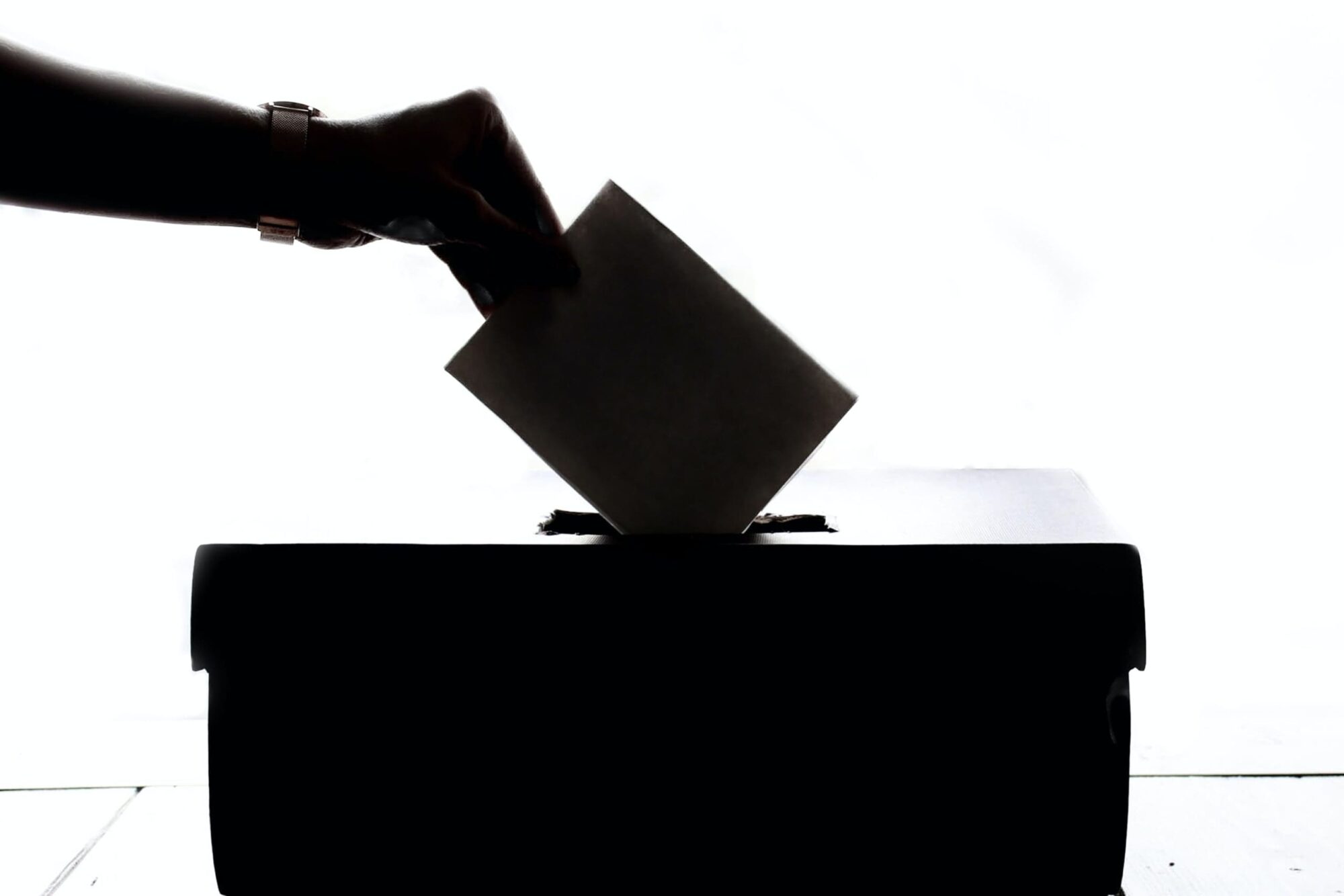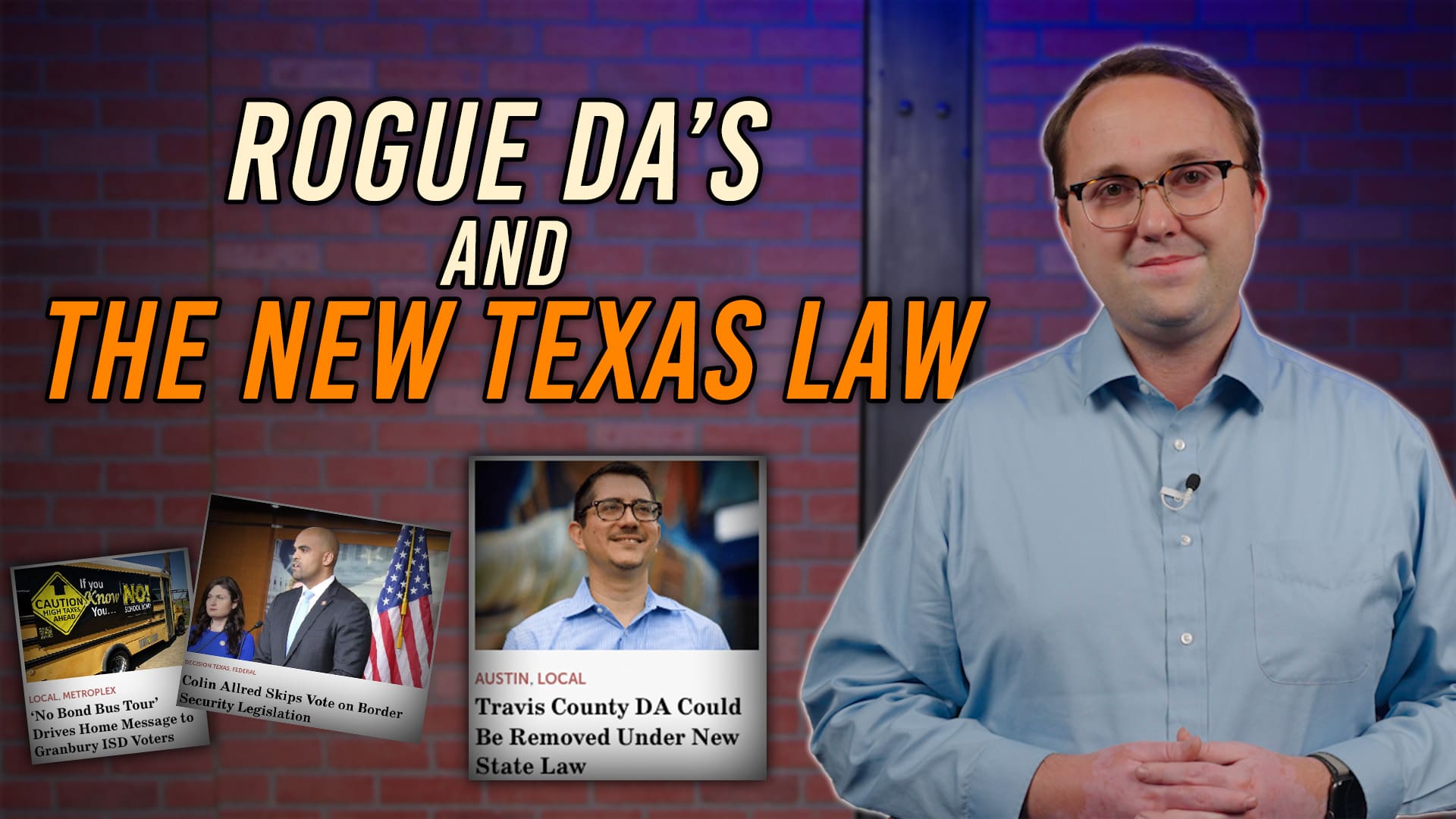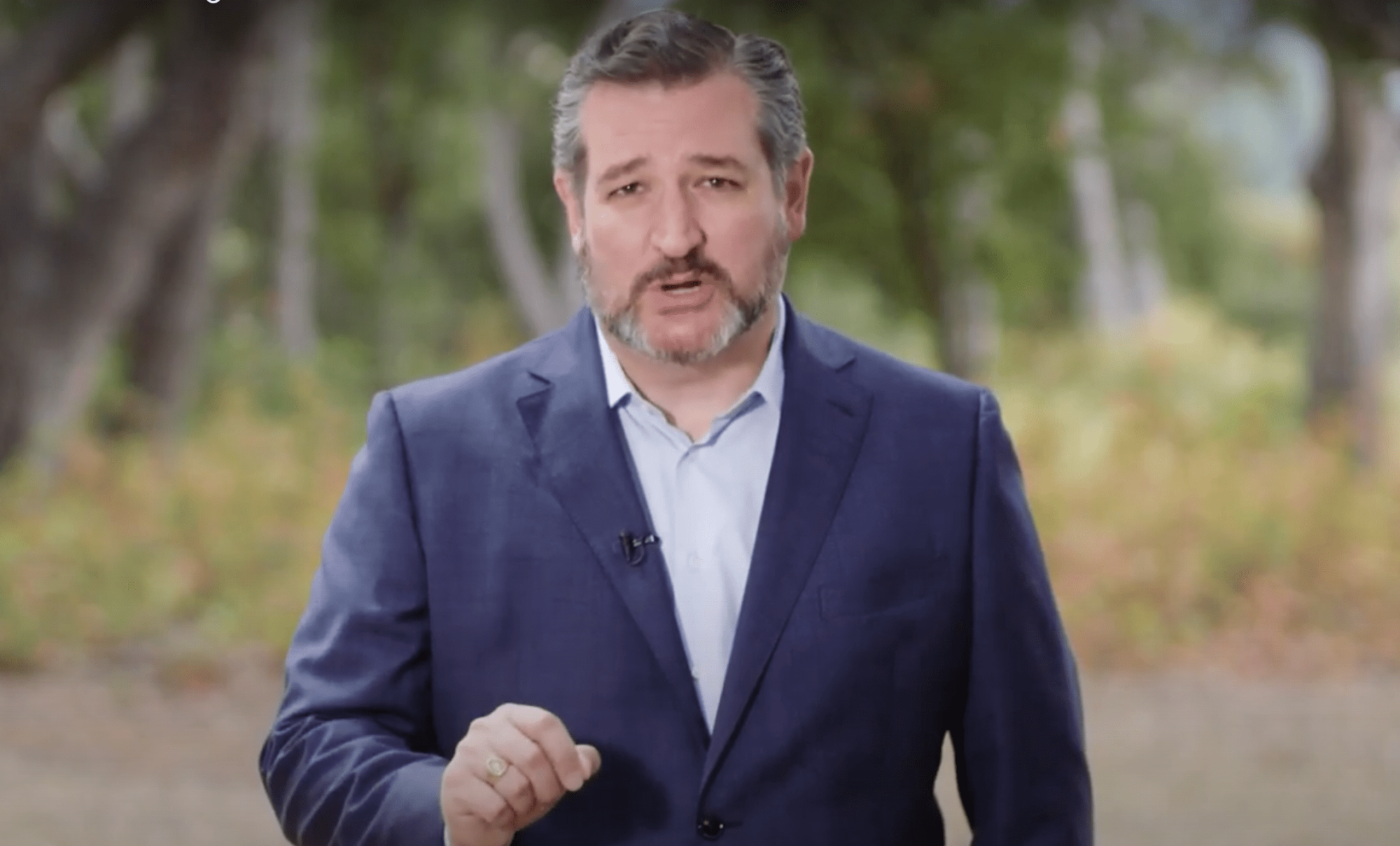PFLUGERVILLE — Amid all of the elections across the state and nation Tuesday night, a relatively small crowd of citizens in one Austin suburb approved two controversial sexuality amendments to their city charter.
“Proposition D: Shall the city of Pflugerville amend its charter to prohibit discrimination based on gender identity and sexual orientation?” the ballot question read.
“Proposition E: Shall the city of Pflugerville amend its charter to provide gender neutral wording?”
Local citizens narrowly approved the gender-neutral wording 52-48 percent, while they passed Proposition D by 70-30 percent.
However, only a fraction of the community made the decisions. Out of the city’s nearly 68,000 people, only 36,000+ are registered voters (according to the city manager’s office). Out of those registered voters, only a little more than 6,100 voted in Tuesday’s election.
Additionally, the city has a small portion of 100 registered voters located in neighboring Williamson County—and only five of those voted.
The day before the Tuesday election, the Travis County Republican Party flagged the propositions. Proposition D, in particular, creates special treatment for certain citizens and can target local individuals who simply disagree with homosexual or other hazardous sexual behavior.
“ATTN Pflugerville voters: In addition to the ESD 17 tax scheme (vote no!) there are some strange items appearing downballot, including Props. D and E,” their post read.
“It may sound harmless on the surface, but if you haven’t yet cast your ballot please consider this perspective from the conservative Heritage Foundation on [Sexual Orientation and Gender Identity] legislation, which our Texas GOP platform also opposes.”
“SOGI laws ban disagreement on LGBT issues by enforcing a sexual orthodoxy,” reads a Heritage Foundation article. “Of course, those are not the exact words used, but when ‘sexual orientation’ and ‘gender identity’ are elevated to protected classes in antidiscrimination law, that is the effect the government policy has. But not every disagreement is discrimination, and our laws should not presume otherwise.”
“Where enacted, SOGI laws are frequently used as swords to persecute people with unpopular beliefs, rather than as shields to protect people from unjust discrimination.” And those “unpopular beliefs,” Heritage writes, are that “we are created male and female and that male and female are created for each other.”
“In the United States of America, people who identify as LGBT are free to live as they want,” the article continues. “But SOGI laws … are not about freedom—they are about coercion. SOGI and [Congress’ so-called Fairness for All Act] are about forcing all Americans to embrace—and live out—certain beliefs about human sexuality. They are not about protecting the freedom of people to live as LGBT, but about coercing everyone else to support, facilitate, and endorse such actions.”
Additionally, the Republican Party of Texas platform opposes such SOGI laws, like the one Pflugerville voters inserted into their city charter on Tuesday.
“We believe there should be no granting of special legal entitlements or creation of special status for homosexual behavior … and we oppose any criminal or civil penalties against those who oppose homosexuality out of faith, conviction, or belief in traditional values,” the platform reads. “No one should be granted special legal status based on their LGBTQ+ identification.”





